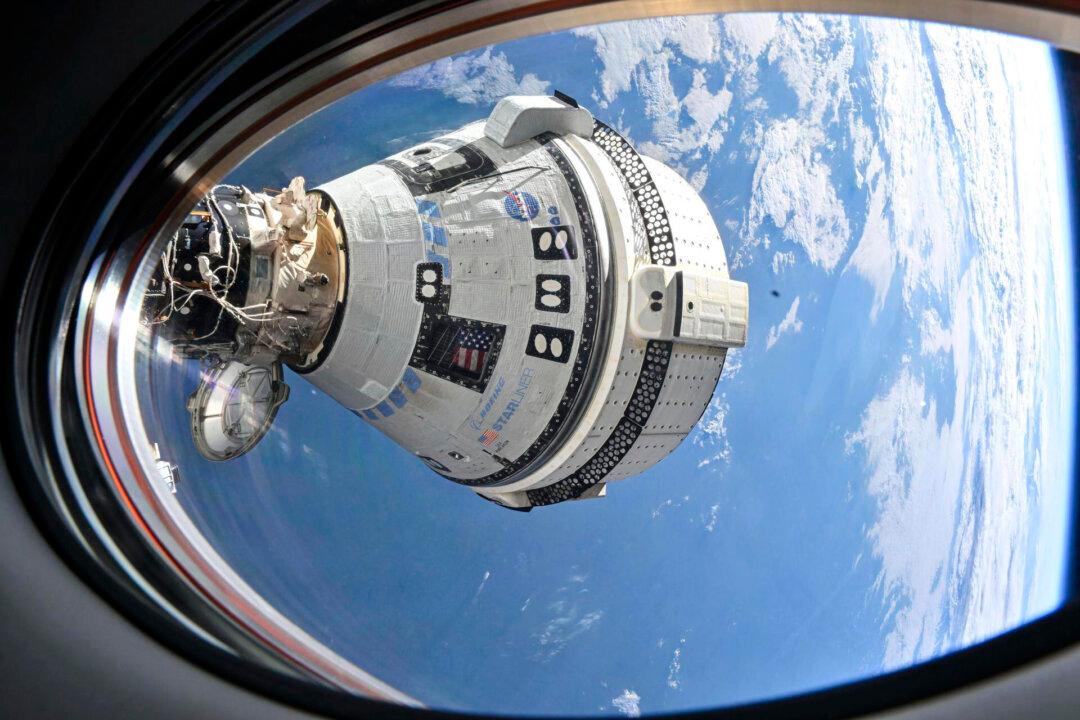NASA on Monday responded to an audio recording that surfaced last week of an astronaut asking about an unusual noise that was emitting from Boeing’s Starliner craft.
Audio that was captured during a live NASA broadcast and posted on social media included a transmission between astronaut Butch Wilmore and mission control in Houston. The recording was taken by a meteorologist, Rob Day, who posted it on the NASA Spaceflight (NSF) forum. The audio was ultimately confirmed by NASA.





